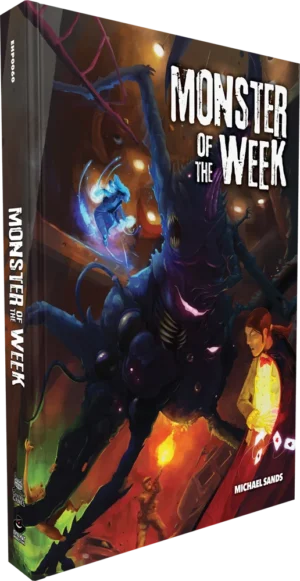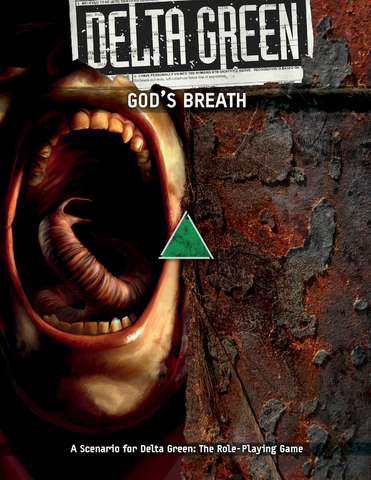
What do players think?
User reviews of "Trail of Cthulhu" highlight its strengths in prioritizing story over mechanics, making it a preferred choice for investigative horror games. Many reviewers appreciate the game's focus on investigative skills and narrative drive, noting that it enhances the original "Call of Cthulhu" experience with improved mechanics and thematic depth. The game is praised for its ability to capture the essence of Lovecraft's stories, particularly in Purist mode, and is described as fun, slick, and easy to play. However, some users express concerns about potential linearity in adventures and the risk of players getting stuck due to missing clues. Overall, the game receives high ratings, with many recommending it for those interested in supernatural horror and investigation.

